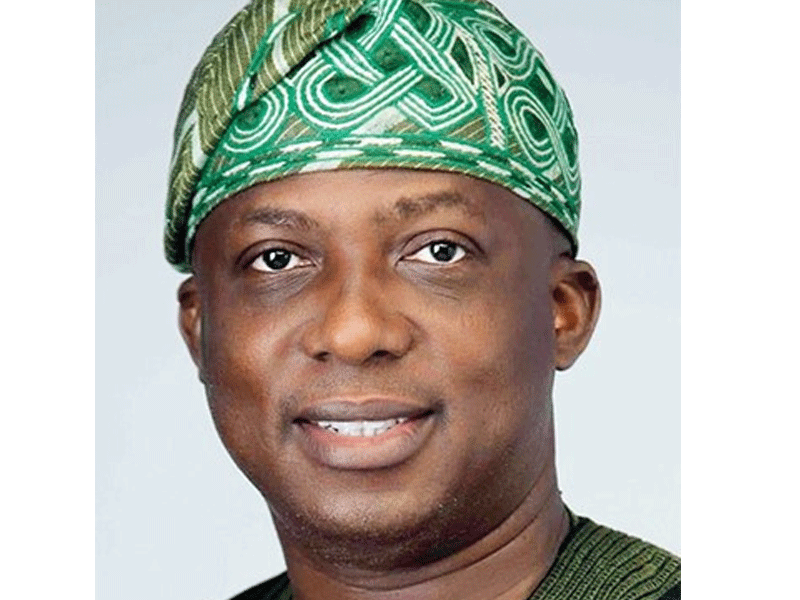The Lagos State government on Thursday reiterated that it is only when residents in the flood plain communities imbibe positive attitudinal change that would help in addressing the menace of flooding in such communities across the metropolis.
Speaking during the year 2025 Coastal Community Advocacy Programme held at the Ikorodu Local Government, Ikorodu, the Permanent Secretary, Office of the Environmental Services, Dr. Gaji Omobolaji, stressed that everyone had a major role to play in flood prevention and coastal communities’ safety.
The Permanent Secretary who spoke through the Director, Environmental Education Unit, Mrs. Mosurat Banire, while highlighting the theme of the programme “From Awareness to Action, Enhancing Coastal Safety through Environmental Education” added that it struck at the heart of various environmental challenges that directly affected the flora and the fauna.
“As we engage in today’s programme, let us move beyond discussions, let’s all walk the talk, imbibe attitudinal change, commit to sustainable actions in our lifestyles, influence others and be a change agent,” he said.
He explained that Lagos is a low-lying coastal state, particularly vulnerable to flooding with increasing rainfall intensity, rising sea levels, and poor waste disposal habits saying with the above challenges the coastal zones are at risk more than ever.
He added that the impacts were visible and the reality demanded urgent, coordinated actions not just from government institutions but from every member of the community and stakeholder ownership is very important.
READ ALSO: Egbe Akomolede ati Asa Yoruba announces details of 49th ANC
He said the Community Environmental advocacy went beyond awareness as it inspired behavioural change, empowered communities with practical knowledge, and fostered a sense of shared responsibility, equipped residents with knowledge on flood risk management and early warning systems.
He added that the environmental advocacy also promoted environmental best practices such as keeping drains clear, reducing plastics while strengthening the collaboration between government, community associations, and civil society for long-term resilience.
Gaji emphasized that the state government had continually invested in drainage rehabilitation, shoreline protection, and community sensitization, adding that the aforementioned efforts must be met with local commitments.
He stressed that flood prevention in coastal communities and ecosystems sustainability could only be achieved when market traders discouraged indiscriminate waste disposal, artisans avoided building on floodplains and residents embraced sustainable sanitation and hygiene practices across the state.
Earlier in her welcome address, the Deputy Director, Environmental Education, Mrs. Olufunke Olaleye, noted that flooding had become one of the most pressing environmental challenges facing coastal communities worldwide and Lagos State was no an exception.
She added that in recent times some areas in the state witnessed flooding issues caused not only by climate change but also by human-induced activities such as poor waste disposal, unplanned urban development, blockage of drainage channels, and disregard for environmental regulations.
The Guest Speaker and Director, Environmental Assessment Departement, Dr. Olasunkanmi Sojinu, during his presentation titled “Man and his Environment – The Siamese Twins” said the earth was the only planet that supported life, Man’s only Home and Man’s only Environment.
He stressed that some of the human induced activities that hurt the environment include bush/ refuse burning, air pollution from industrial facilities/ generators/ vehicular emissions, indiscriminate wastes disposal, unnecessary tree falling, open defecation and blocking of drainage channels amongst others.














